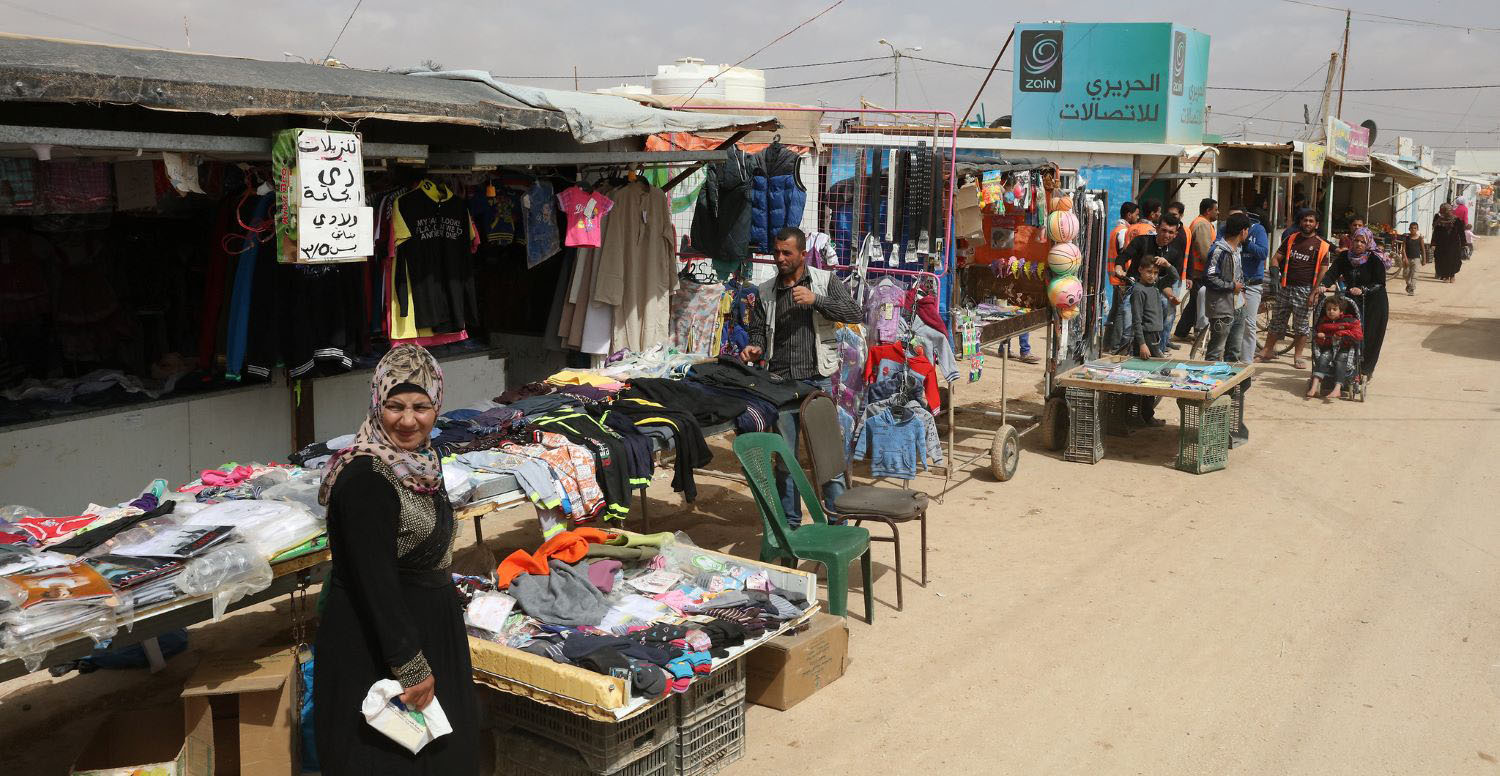Martin Kirk, former Head of UK Campaigns at Oxfam GB, has a brave and interesting paper in Ethics and International Affairs (the article is temporarily ungated) which says that NGOs are:
locked in a toxic and inaccurate paradigm, described through an increasingly outmoded core “charity” story that is unrepresentative of the reality of global development and that restricts their appeal to the public.
This is strong stuff. Of course there are organisations - like the Center for Global Develoment and the ONE campaign - which are focused on the structural causes of poverty; but we are not also in the business of appealing to the public for money to finance aid programmes. Kirk's paper raises the question of whether it is fundamentally contradictory for an organisation to try to do both. Presumably some organisations - like Oxfam and Action Aid - would say that they are successfully straddling the divide which Kirk says cannot be straddled.The recent discussion about why migration is not paid more attention in the development community,
discussed here and
on Duncan Green's blog, give some anecdotal support to Kirk's position. We speculate that NGOs cannot take a robust position on migration and development because it conflicts with the picture they are trying to paint of their work in developing countries, and because they are afraid that they might alienate the public on whom they depend for contributions.Kirk says of the Make Poverty History campaign in 2005:
It ignored deep social and systemic change by playing directly into existing public understandings and frames. At best, this did nothing to move public attitudes or understandings. At worst—and what increasingly strong evidence suggests—it moved them back twenty years by reactivating and validating the old and limiting charity frame.
This is an important claim, and it must make us wonder why a group of UK NGOs is seriously intending to run a new
Make Poverty History II campaign next year (though of course they are calling it something else).Martin is putting his own career behind his analysis: he's become the Campaigns Director at a new campaigning organisation called
The Rules. I wish him well.
CGD blog posts reflect the views of the authors, drawing on prior research and experience in their areas of expertise.
CGD is a nonpartisan, independent organization and does not take institutional positions.





